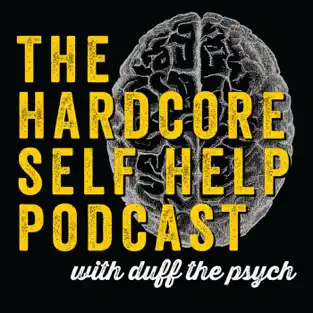Books in Odum Library
Resources
VSU: Please log in for full access.
- Inclusion, Exclusion and Isolation of Autistic People: Community Attitudes and Autistic People's ExperiencesJones, S. C., Gordon, C. S., Akram, M., Murphy, N., & Sharkie, F. (2022). Inclusion, Exclusion and Isolation of Autistic People: Community Attitudes and Autistic People’s Experiences. Journal of Autism & Developmental Disorders, 52(3), 1131–1142. https://doi.org/10.1007/s10803-021-04998-7
- Reducing Stigma Surrounding Mental Health: Diverse Undergraduate Students Speak OutElbulok-Charcape, M. M., Mandelbaum, F., Miles, R., Bergdoll, R., Turbeville, D., & Rabin, L. A. (2021). Reducing Stigma Surrounding Mental Health: Diverse Undergraduate Students Speak Out. Journal of College Student Psychotherapy, 35(4), 327–344. https://doi.org/10.1080/87568225.2020.1737853
- Understanding Camouflaging as a Response to Autism-Related Stigma: A Social Identity Theory ApproachPerry, E., Mandy, W., Hull, L., & Cage, E. (2022). Understanding Camouflaging as a Response to Autism-Related Stigma: A Social Identity Theory Approach. Journal of Autism & Developmental Disorders, 52(2), 800–810. https://doi.org/10.1007/s10803-021-04987-w
- What Contributes to Stigma Towards Autistic University Students and Students with Other Diagnoses?Gillespie-Lynch, K., Daou, N., Obeid, R., Reardon, S., Khan, S., & Goldknopf, E. J. (2021). What Contributes to Stigma Towards Autistic University Students and Students with Other Diagnoses? Journal of Autism & Developmental Disorders, 51(2), 459–475. https://doi.org/10.1007/s10803-020-04556-7
Suggested Databases
- SocINDEX with Full TextScholarly full-text articles in multiple subdisciplines of sociology.
Part of the Database Offerings in GALILEO, Georgia’s Virtual Library - Sociological CollectionArticles within all areas of sociology, including social behavior, human tendencies, interaction, relationships, community development, culture, and social structure.
- Sociology DatabaseArticles in the sociology and social services fields.
Part of the Database Offerings in GALILEO, Georgia’s Virtual Library
- Mental Health AmericaMental Health America (MHA)'s work is driven by its commitment to promote mental health as a critical part of overall wellness, including prevention services for all; early identification and intervention for those at risk; and integrated care, services, and supports for those who need them.
- MHA GeorgiaThe mission of MHA of Georgia is to strive to enhance the mental health and wellness of Georgians through education, outreach, and advocacy.
The Spoon Theory
"The Spoon theory is a creative way to explain to healthy friends and family what it's like living with a chronic illness. Dysautonomia patients often have limited energy, represented by spoons. Doing too much in one day can leave you short on spoons the next day. If you only had 12 spoons per day, how would you use them? Take away one spoon if you didn't sleep well last night, forgot to take your meds, or skipped a meal. Take away 4 spoons if you have a cold. Activities that require 1 spoon each: getting out of bed, getting dressed, taking pills, watching TV. Activities that require two spoons each: bathing, styling hair, surfing the internet, reading or studying. Activities that require three spoons each: making and eating a meal, making plans and socializing, light housework, driving somewhere. Activities that require 4 spoons each: going to work/school, going shopping, going to the doctor, exercising. The Spoon Theory was written by Christine Miserando, which you can check out on her website www.butyoudontlooksick.com
Looking for even more resources? Check out our Additional Anti-Oppression Resources page.




